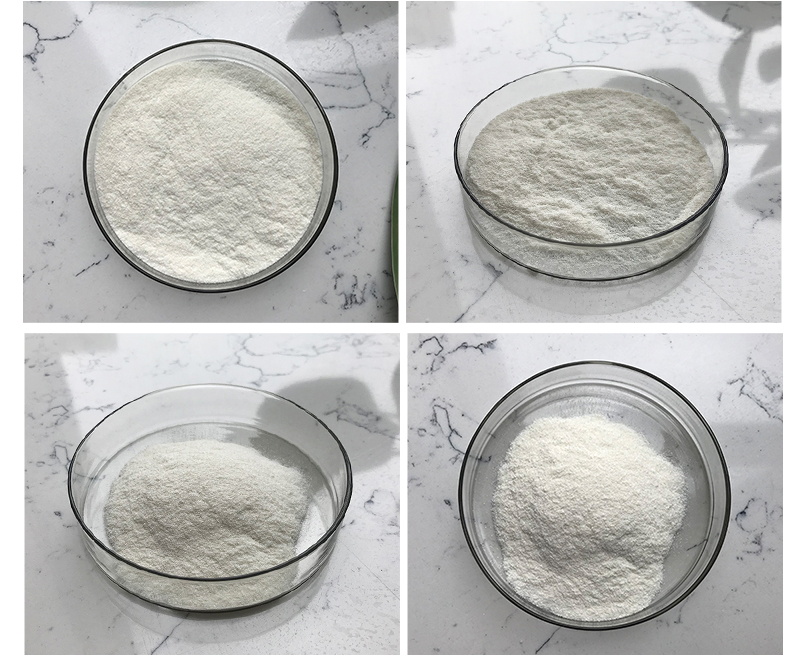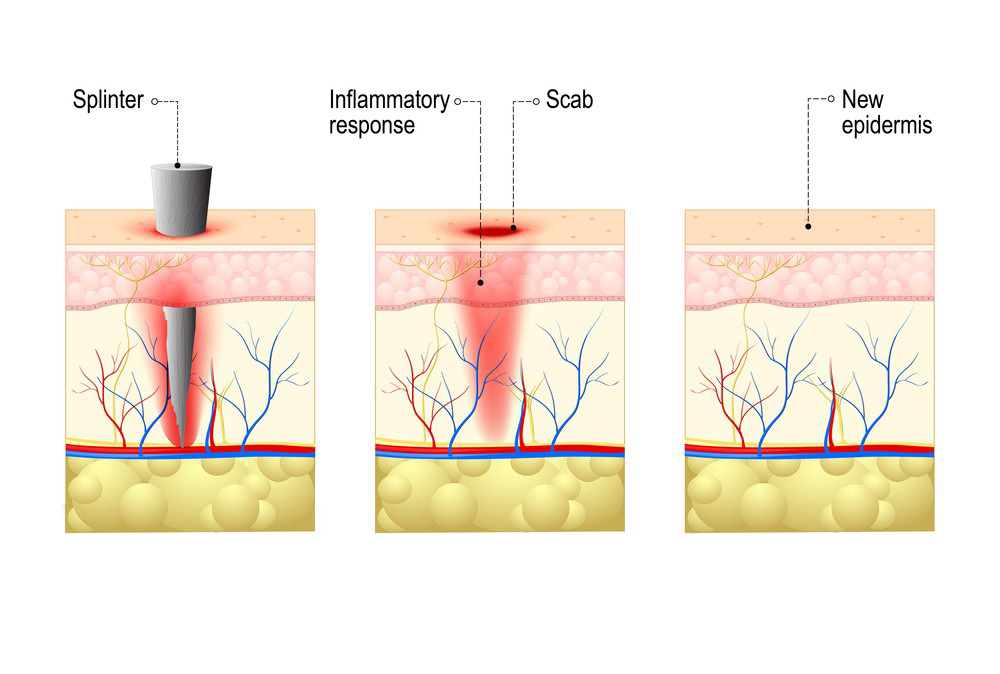Chitosan is a natural biopolymer derived from chitin, which is primarily obtained from the shells of crustaceans like shrimp, crabs, and lobsters. It has gained popularity in the skincare industry for its potential benefits due to its unique properties. Here’s how chitosan is used in skincare products:
Benefits of Chitosan in Skincare:
- Moisture Retention: Chitosan acts as a humectant, meaning it helps draw moisture from the environment and lock it into the skin. This makes it beneficial in moisturizing creams and serums.
- Antioxidant and Anti-inflammatory: Chitosan has antioxidant properties, which can help protect the skin from environmental stressors like pollution and UV radiation. It also has anti-inflammatory effects, which can soothe irritated or inflamed skin.

- Skin Barrier Protection: Chitosan can form a protective film on the skin, helping to shield it from environmental pollutants and irritants while promoting overall skin health.
- Antimicrobial Properties: Some studies suggest that chitosan has antimicrobial properties, which may help in treating acne or preventing the growth of bacteria on the skin’s surface.
- Wound Healing: Chitosan has been found to aid in wound healing by promoting collagen synthesis and tissue regeneration, making it a potential ingredient in products designed to treat damaged or sensitive skin.
Applications in Skincare:
- Moisturizers: Often found in creams and lotions to boost hydration and improve skin softness.
- Serums and Masks: Used for its skin-healing and protective benefits.
- Anti-Aging Products: Due to its antioxidant properties, chitosan can be used in formulations targeting the signs of aging, such as fine lines and wrinkles.
- Acne Treatments: Its antimicrobial properties make it a popular addition to products aimed at preventing acne breakouts.

Considerations:
- Allergies: Since chitosan is derived from shellfish, individuals with shellfish allergies should exercise caution.
- Formulation Stability: Chitosan’s effectiveness can depend on its concentration and the way it’s incorporated into a product. It can sometimes be sensitive to pH and other ingredients.
In summary, chitosan can be a versatile and beneficial ingredient in skincare, especially for its moisturizing, protective, and healing properties.
